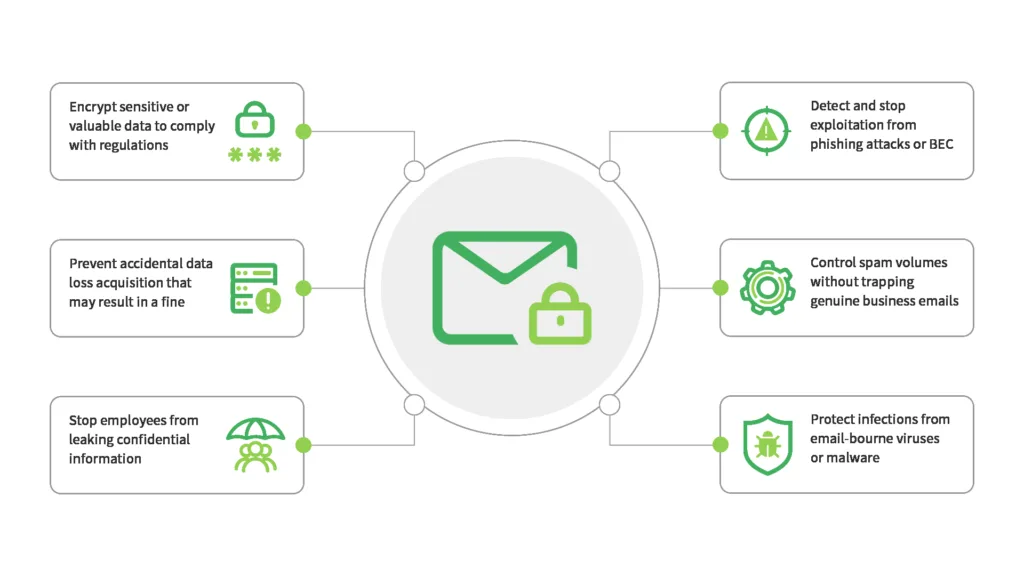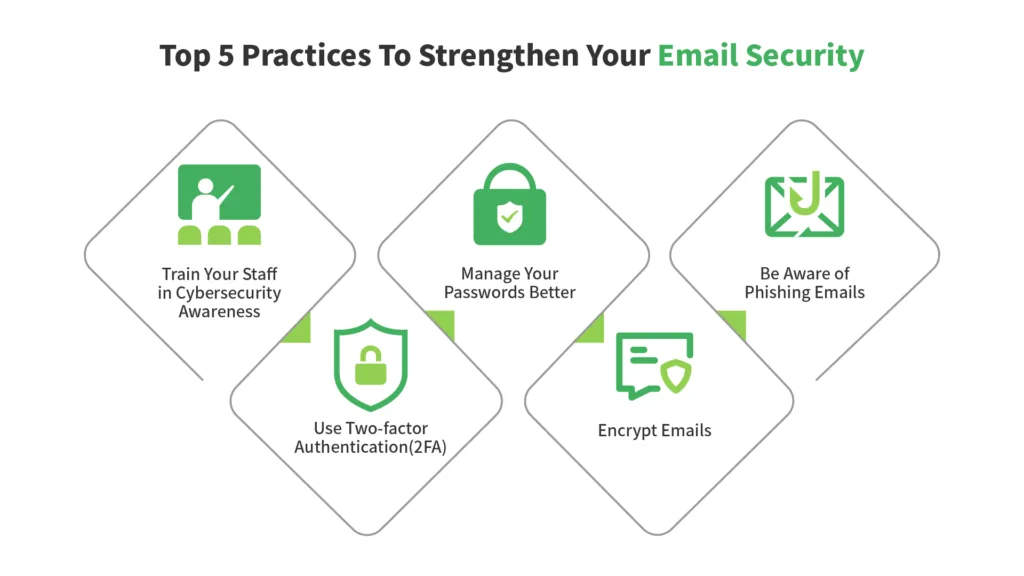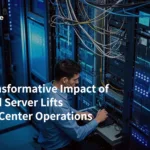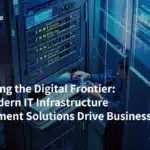Email has revolutionized communication, enabling seamless exchange of information across the globe. However, this convenience comes with inherent risks. Cybercriminals exploit vulnerabilities in email systems to launch a variety of attacks, including phishing, malware distribution, and data breaches. The consequences of such attacks can be devastating, leading to financial loss, reputational damage, and regulatory penalties.

Challenges in Email Security
1. Phishing Attacks:
Phishing remains one of the most common and effective email-based attacks. Cybercriminals impersonate legitimate entities to deceive users into revealing sensitive information such as login credentials, financial data, or personal details.
2. Malware Distribution:
Emails serve as a primary vector for distributing malware, including viruses, ransomware, and trojans. Malicious attachments or links embedded in emails can infect the recipient’s device, leading to data loss, system compromise, and operational disruption.
3. Data Leakage:
Inadequate email security measures can result in inadvertent leakage of sensitive information. Whether through email forwarding, accidental disclosure, or unauthorized access, confidential data may fall into the wrong hands, posing significant risks to individuals and organizations.
4. Insider Threats:
Insiders with malicious intent or compromised credentials pose a significant threat to email security. Whether through intentional data exfiltration or unintentional actions, insiders can facilitate data breaches and compromise organizational integrity.
Strategies for Enhancing Email Security
1. Employee Training and Awareness:
Educating users about common email threats and best practices is essential for mitigating risks. Training programs should cover topics such as identifying phishing attempts, exercising caution with email attachments, and recognizing suspicious email behavior.
2. Implementing Email Authentication Protocols:
Deploying email authentication protocols such as SPF (Sender Policy Framework), DKIM (DomainKeys Identified Mail), and DMARC (Domain-based Message Authentication, Reporting, and Conformance) can help verify the authenticity of email senders and prevent domain spoofing and impersonation attacks.
3. Email Encryption:
Encrypting email communications ensures that sensitive information remains confidential during transmission. End-to-end encryption and secure email gateways safeguard messages from interception and unauthorized access, maintaining the privacy and integrity of email content.
4. Advanced Threat Detection:
Utilizing advanced threat detection technologies, including machine learning algorithms and behavioral analytics, enables organizations to identify and mitigate emerging email threats in real-time. These solutions analyze email content, attachments, and sender behavior to detect anomalies and potential indicators of compromise.
5. Multi-Factor Authentication (MFA):
Implementing MFA adds an extra layer of security to email accounts, reducing the risk of unauthorized access in the event of stolen credentials or account compromise. By requiring users to verify their identity through multiple factors such as passwords, biometrics, or security tokens, MFA enhances email security posture significantly.
6. Security Awareness Training:
Regular security awareness training sessions for employees can help reinforce email security best practices and cultivate a culture of vigilance within the organization. Employees should be encouraged to report suspicious emails promptly and adhere to established security policies and procedures.

Solutions in the Market
- Microsoft: Offers a range of email security solutions, including Microsoft Defender for Office 365, Exchange Online Protection, and Advanced Threat Protection, designed to protect against phishing, malware, and other email threats.
- Proofpoint: Provides advanced email security solutions that leverage threat intelligence, machine learning, and real-time analysis to detect and block email threats, including phishing, ransomware, and business email compromise (BEC) attacks.
- Cisco (Cisco Email Security): Offers comprehensive email security solutions that combine advanced threat detection, encryption, and data loss prevention (DLP) capabilities to safeguard against email-based threats and ensure regulatory compliance.
- Symantec (Symantec Email Security): Delivers cloud-based email security solutions that protect against phishing, malware, and targeted attacks. Symantec’s email security offerings include threat isolation, URL analysis, and sandboxing capabilities to mitigate email-based threats effectively.
- Barracuda Networks (Barracuda Email Security): Provides email security solutions that include anti-phishing, anti-malware, and anti-spam features, as well as email encryption and data loss prevention (DLP) capabilities, to protect against email-borne threats and secure sensitive information.
In an increasingly interconnected and digitized world, securing email communications is imperative to safeguard sensitive information and mitigate cyber threats. By adopting a multi-layered approach encompassing technical controls, user education, and proactive threat detection, organizations can enhance their email security posture and effectively defend against evolving cyber threats. Investing in robust email security measures not only protects against financial losses and reputational damage but also preserves trust and confidence in digital communications.
Why Choose ByteBridge as Your Partner
ByteBridge enhances email security by offering innovative solutions that address the evolving threat landscape and provide organizations with comprehensive protection against email-based attacks. With features such as advanced threat detection, real-time monitoring, and seamless integration with existing email infrastructure, ByteBridge empowers organizations to safeguard their email communications and mitigate risks effectively.
About The Author
Sandesh Reddy
Sandesh is a Solutions Architect at ByteBridge with a strong background in security and networking. He specializes in Secure Access Service Edge (SASE) projects and holds certifications in CCNA, AWS, ZScaler, and Netskope. Sandesh is committed to driving innovation and delivering value-driven solutions to address the evolving needs of modern enterprises.







